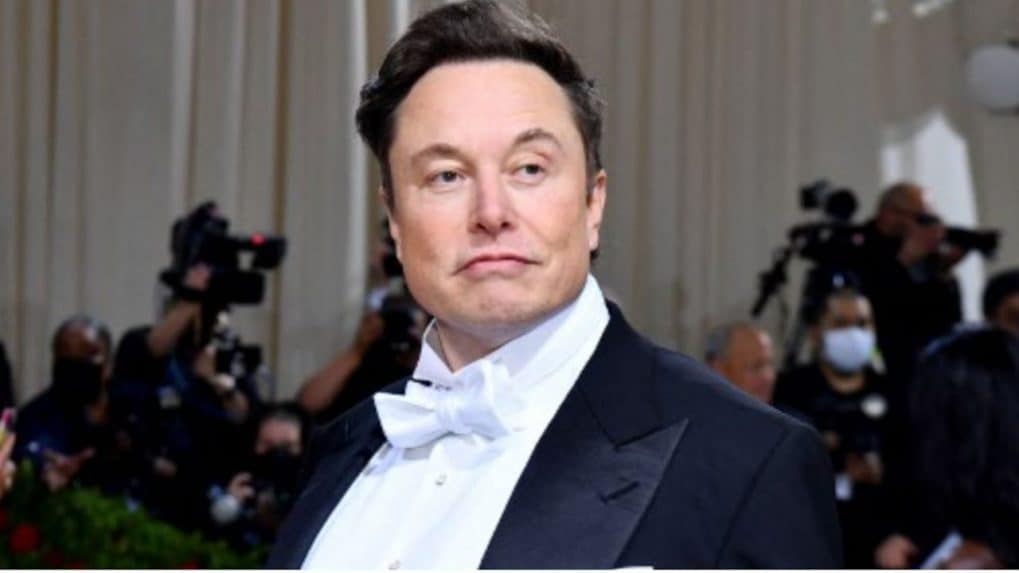Digital
Why OpenAI is hiring 100 ex-bankers: Inside the ChatGPT-maker's secret project to automate Wall Street's grunt work

Elon Musk has criticised Meta following the release of newly unsealed court documents that point to a stark disparity in how Instagram and Facebook allegedly enforced their safety policies. Responding on X, Musk drew attention to assertions in the filings that accounts linked to sex-trafficking-related violations were allowed to accumulate as many as 17 strikes before removal, while infractions such as misgendering a transgender person could result in immediate suspension.
On Instagram or Facebook, misgendering a trans person resulted in an immediate ban, but trafficking child prostitution allowed 17 strikes! https://t.co/7BMC6RuNik
— Elon Musk (@elonmusk) November 25, 2025
The allegations arise from a wide-ranging lawsuit in the U.S. District Court for the Northern District of California. According to reports, the documents include testimony from Vaishnavi Jayakumar, Instagram’s former head of safety and well-being, who is said to have informed the court that Instagram tolerated up to 16 violations related to prostitution or sexual solicitation before action was taken on the 17th. She reportedly stated that this enforcement threshold was unusually high for the industry.
As per a report by Moneycontrol, the lawsuit has grown substantially, with more than 1,800 plaintiffs now involved, spanning school districts, state attorneys general and individual users. They contend that Meta was fully aware of the risks its platforms posed to minors. The filings allege the company knew millions of adults were messaging children, and that features such as “Accounts You May Follow” occasionally recommended potentially unsafe profiles to teenagers.
The suit further claims Meta repeatedly identified internal dangers concerning teen safety, addictive product-design choices and harmful interactions, yet leadership allegedly rejected proposals aimed at reducing these harms for fear of lowering engagement. Plaintiffs argue these decisions formed part of a pattern designed to protect business metrics while downplaying known risks.
Meta has rejected the accusations, stating that the claims rely on selective interpretations of internal documents. A spokesperson said the filings include cherry-picked statements that do not accurately reflect the company’s wider investment in safety measures, including expanded parental controls, improved moderation systems and tools aimed at safeguarding young users.
Although the case also names Snapchat, TikTok and YouTube, the alleged “17-strike” enforcement policy attributed to Instagram has intensified scrutiny of Meta’s approach to policing severe violations across its platforms.
From Delhi’s sharp-tongued lyricists to Chennai’s bilingual innovators and North-East India’s experimental beatmakers, Rap 91 LIVE’s lineup was a sonic map of the country’s cultural diversity.
Read MoreAs WPP reels from revenue declines and vows sweeping restructuring, Publicis and Havas ride strong AI-led client demand. With Omnicom and IPG on the cusp of a historic merger, the global advertising landscape braces for a power realignment built on data, technology, and efficiency.